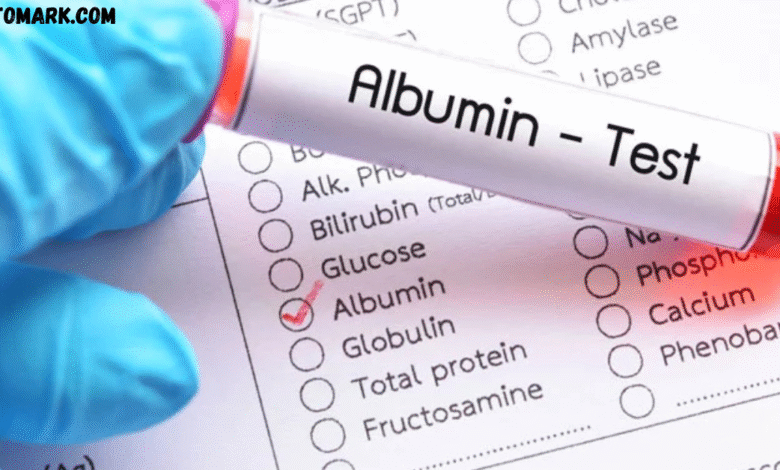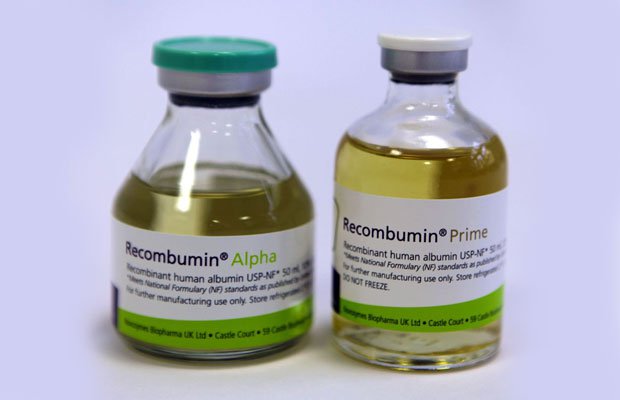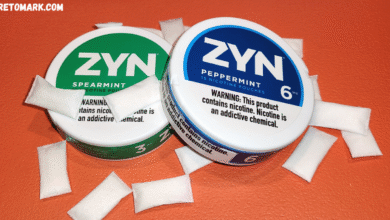Albumīns The Unsung Hero of Your Body

When people talk about nutrition or health, they often highlight vitamins, minerals, or maybe even protein in general. But one critical protein often gets left out of the conversation — albumīns. Even though it’s not a household name like vitamin C or iron, albumīns plays a starring role in keeping your body running smoothly.
Whether you’ve come across it in a blood test or just heard the name in passing, albumīns deserves a closer look. In this article, we’ll break down what it is, why it matters, and how you can make sure your levels stay in a healthy range. No fluff — just clear, expert-backed information you can actually use.
What Is Albumīns and Why Should You Care?
At its core, albumīns is a type of protein made by your liver. It floats around in your blood, quietly doing some pretty important work. One of its main jobs is to maintain something called “oncotic pressure,” which essentially keeps fluids where they belong — inside your blood vessels and not leaking into surrounding tissues.
Beyond that, albumīns also acts like a shuttle bus. It picks up hormones, vitamins, and even medications, helping them travel throughout your body. It also binds to waste products so your liver and kidneys can get rid of them. So, if your albumīns levels dip too low, your body could have trouble transporting essential nutrients or removing toxins efficiently.
It’s a pretty versatile protein. Think of it as the behind-the-scenes manager in a concert production — not always visible, but the whole show falls apart without it.
The Role of Albumīns in Everyday Health
Most people don’t even know they have a problem with albumīns until they get a blood test. But if your levels are off, it can affect everything from your energy levels to how well your body heals after an injury. Low albumīns can signal issues like liver disease, kidney problems, or chronic inflammation.
What’s interesting is that albumīns isn’t just important when things go wrong. It plays a major role in everyday wellness, too. It helps your body regulate fluid balance, which is why people with low albumīns sometimes experience swelling in their legs, feet, or hands.
It also plays a key role in immune function. That’s right — albumīns helps your immune system respond more efficiently to infection. If you’ve been getting sick more often or you’re not bouncing back the way you used to, your albumīns levels might be worth checking.
Albumīns in Blood Tests: What You Need to Know
If you’ve ever had a comprehensive metabolic panel (CMP), then you’ve had your albumīns levels checked. The test itself is simple — just a quick blood draw — but the information it reveals can be incredibly valuable.
Normal levels of albumīns in the blood typically fall between 3.4 and 5.4 grams per deciliter (g/dL). If your numbers are outside that range, it doesn’t automatically mean something is seriously wrong, but it’s worth investigating further. Low levels might indicate poor liver function, protein malnutrition, or even chronic infections.
High levels of albumīns are less common but can occur if you’re severely dehydrated. That’s because when you’re lacking water, the blood becomes more concentrated, and albumīns levels may appear elevated even if there’s nothing wrong with your liver or kidneys.
What Causes Albumīns Levels to Drop?
There are quite a few reasons why albumīns levels might fall below normal. One of the most common is liver disease. Since your liver is responsible for making albumīns, any damage to it — whether from hepatitis, cirrhosis, or fatty liver — can reduce albumīns production.
Kidney disease is another big one. If your kidneys are damaged, they might let albumīns escape through urine, which isn’t supposed to happen. This is often detected in a urine test rather than a blood test, but both results tell a fuller story about what’s going on.
Another factor is chronic inflammation. When your body is constantly dealing with low-grade inflammation — maybe due to autoimmune disease or ongoing infection — albumīns production can slow down. It’s part of a larger response known as the “acute-phase reaction,” where your body shifts gears to fight off trouble.
How to Naturally Support Healthy Albumīns Levels
Supporting healthy albumīns levels doesn’t require any fancy supplements or complicated diets. Most of it comes down to taking care of your liver and kidneys, and making sure you’re getting enough protein in your diet.
Start with nutrition. Good sources of high-quality protein include eggs, chicken, fish, dairy, legumes, and nuts. If you’re on a plant-based diet, be extra mindful to combine different protein sources so you’re getting all the essential amino acids your body needs to make albumīns.
Hydration also plays a big role. Staying well-hydrated helps your kidneys do their job and keeps your blood at the right concentration. Aim for water over sugary drinks or caffeine, which can actually dehydrate you over time.
Can Supplements Help Increase Albumīns?
You might be tempted to reach for a protein shake or supplement if you’ve been told your albumīns is low. And while some protein supplements can help, it’s not a magic fix. The best approach is to look at the root cause of the deficiency rather than just treating the symptom.
That said, if you’re recovering from surgery, illness, or a period of poor nutrition, protein supplements can be a useful tool — especially if you have trouble meeting your needs through food alone. Look for whey protein, which has a complete amino acid profile and is absorbed efficiently by the body.
If you suspect liver or kidney problems, always talk to your healthcare provider before adding supplements. In some cases, too much protein can put additional stress on organs that are already struggling.
Foods That Naturally Boost Albumīns Production

Diet is probably the most underrated way to support albumīns production. Certain foods are especially helpful because they provide the building blocks your liver needs to make this vital protein.
Eggs are a powerhouse. They’re not only high in protein but also contain healthy fats and nutrients that support liver function. Lean meats like chicken and turkey are excellent as well, along with fatty fish like salmon which also reduces inflammation.
If you’re vegetarian or vegan, tofu, lentils, and quinoa are great options. They may not be quite as rich in albumīns-boosting amino acids as animal proteins, but with the right combinations, you can still meet your needs.
Albumīns and Chronic Illness: What’s the Connection?
When it comes to managing chronic illness, albumīns levels can tell you a lot. People with long-term conditions like diabetes, heart failure, or cancer often have lower levels of albumīns, even if their diet is otherwise good.
This happens because chronic illness can trigger systemic inflammation, which interferes with how the liver produces albumīns. It’s not always a question of how much protein you eat — it’s how your body is responding to stress and disease over time.
That’s why doctors often monitor albumīns levels in people with ongoing health conditions. It provides insight into how well the body is coping and whether treatments are having the intended effect.
When to Worry About Low Albumīns
A slightly low albumīns level isn’t always cause for panic, especially if you’re feeling fine. But if it keeps trending downward, or if it’s paired with symptoms like swelling, fatigue, or unexplained weight loss, it’s worth digging deeper.
The key is context. One blood test won’t tell the whole story. Your healthcare provider will usually look at other markers like liver enzymes, kidney function, and inflammatory indicators to figure out what’s really going on.
If your levels are consistently low, it might be time to consider more advanced testing or imaging to check for hidden issues in the liver or kidneys. Early intervention is always better than waiting until things get worse.
Final Thoughts on Albumīns
Albumīns might not be the flashiest nutrient out there, but it plays a crucial role in your body’s overall balance and function. From keeping fluids in check to transporting nutrients and supporting the immune system, it’s working hard behind the scenes every single day. Taking care of your albumīns levels doesn’t require dramatic changes. A balanced diet, good hydration, and regular health checkups can go a long way. And if you ever see an out-of-range result on a blood test, don’t ignore it — even if you feel fine.
FAQs About Albumīns
What does it mean if my albumīns levels are low?
Low albumīns levels can indicate liver disease, kidney problems, malnutrition, or chronic inflammation. It doesn’t always mean something is seriously wrong, but it’s worth discussing with your doctor.
Can diet alone raise albumīns levels?
In many cases, yes. Eating enough high-quality protein and supporting liver and kidney health through nutrition can improve albumīns levels naturally. However, if a medical condition is the cause, treatment of the underlying issue is essential.
Are albumīns supplements available?
You won’t typically find albumīns itself sold as a supplement, but protein powders and amino acid supplements can help support your body’s natural production. Always consult with a healthcare provider before using them, especially if you have liver or kidney concerns.
How often should I get my albumīns levels tested?
If you’re generally healthy, once a year during a routine check-up is usually fine. But if you have a chronic illness, your doctor may want to monitor it more frequently.
Is high albumīns dangerous?
It’s uncommon, but high albumīns usually points to dehydration rather than an underlying disease. Drinking more water often brings levels back to normal.



